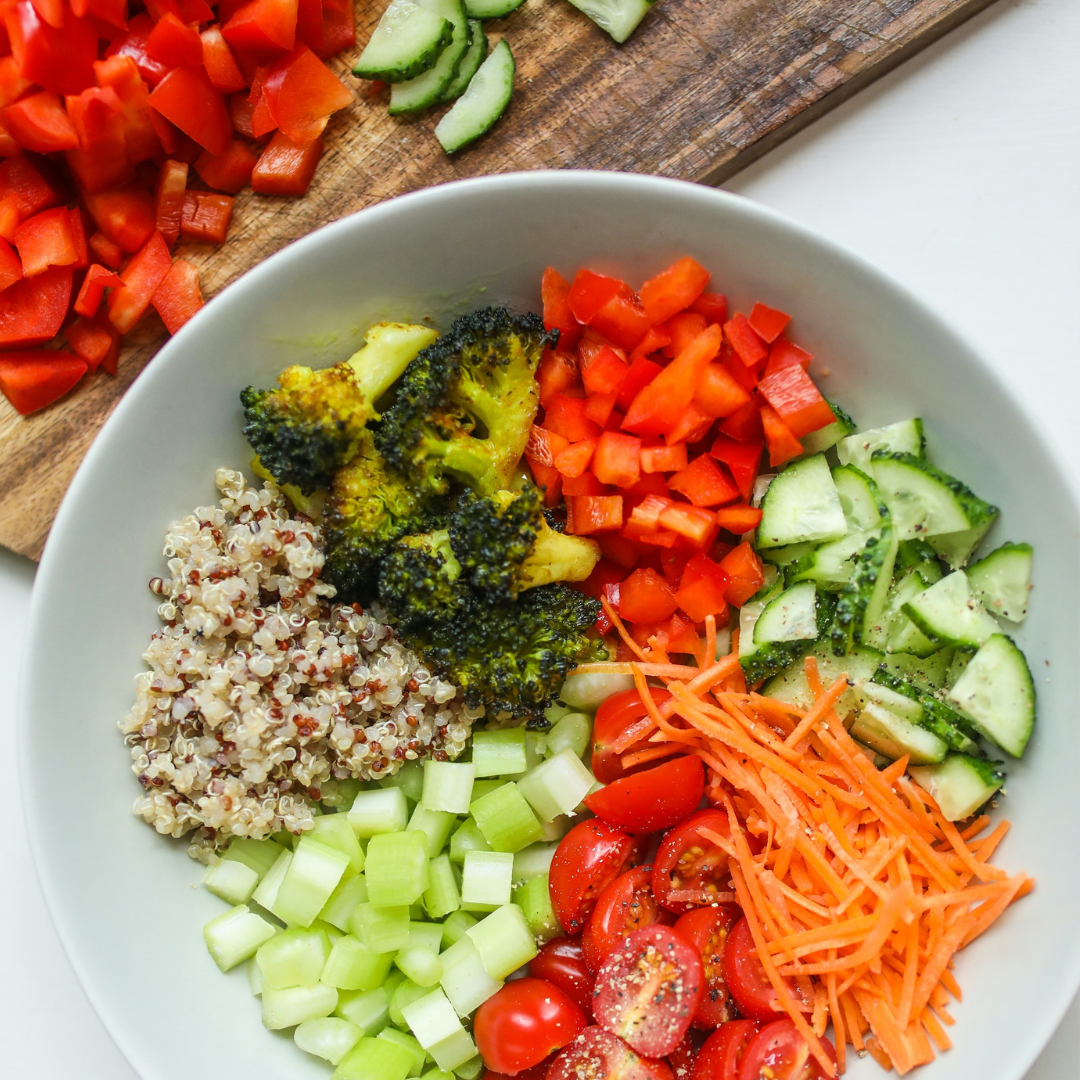A vegan diet is a vegetarian eating style however, it’s completely devoid of animal products, including eggs, honey, and all dairy products. Some vegans choose the diet for health reasons, but others prefer it for ethical ones, such as trying to help avoiding animal cruelty.
The vegan diet has become quite popular over the past decades. Some of the reasons for it is to avoid supporting the factory farming industry thus, they go vegan. Even though there are some benefits from going vegan, there are also some problems related to it that many ignore. We recommend that before you decide to change anything your diet or lifestyle, you inform yourself in order to make a proper decision with the knowledge you need to know about the subject.
When it comes to veganism there’s always a question that pops up: is veganism really sustainable long-term? In today’s article, we want to dive a little deeper into this subject and see the pros and cons of a vegan diet with an objective perspective based on facts only. We’ll only refer to the pros and cons that this diet has on your body, not on the planet.
Pros of veganism
1- Health benefits
The health benefits of going vegan are the most known. The original idea of a vegan diet was to like the plant-based diet, where it’s easier to load up on healthy whole grains, legumes, fruits, and vegetables that a lot of people on regular diets lack. Usually, a plant-based diet is high in fiber, vitamin C, magnesium, iron, and folate and lower in calories.
Some research has shown this lifestyle leads to significant health benefits and has been associated with a decreased risk of many chronic diseases such as cardiovascular diseases, some cancers, reduced risk of obesity, hypertension, type-2 diabetes, and cardiovascular mortality. It has also been confirmed that a plant-based diet may be helpful in the treatment and management of high blood pressure, diverticular disease, and eye cataracts.
2- Wide food variety
Most people who consume a traditional diet eat a relatively limited number of foods or types of food. However, on a vegan diet many traditional foods or ingredients are not compliant. Therefore, at the beginning of this diet, you have to get creative and experiment with all kinds of foods that may not be familiar to you.
Usually, when you’re on a plant-based diet, you have to eat or use legumes at least 5 times a week, if not more, to get enough protein. You also experiment more, especially when it comes to dressings. You rely more on nuts to get a good texture and a good amount of nutrients in soups, dressings, etc in order to make your meals more fulfilling and nutritionally rich and balanced.

3- Mindful eating
Mindful eating is a practice that involves paying more attention to our food and increasing sensitive awareness and experience of a meal. It requires you to be focused intentionally and enjoy the process of making and eating the meal. This concept works a little bit different for vegans. Since they chose to eliminate certain categories of food from their diet, they need to be more selective and conscious about their food choices to make sure their nutritional requirements stay balanced. The choosing and planning process requires consideration, focus, and thoughtfulness about your food choices.
4- Possible weight loss
A vegan diet is often associated with losing weight; it's another a great effective tool in the management and prevention of overweight and obesity. This happens because more vegetables are introduced to the diet and, by extent, it becomes a low-calorie dense diet (not that it’s healthy or unhealthy, simply lower caloric consumption). Nevertheless, it’s important to keep in mind that not all vegan products are created equal and there’s such a thing as an unhealthy vegan diet which we’ll dive into later in this article.
Cons of veganism
1- Nutritional deficits
A lot of planning needs to go into it for this diet to provide you with the necessary and vital nutrients your body needs. And, even so, they can’t all be obtained from plant-based products. The most common nutritional deficiencies in this type of diet include:
- Vitamin B12. It can be obtained from some plant-based products but it’s not enough for the daily consumption adults require. Therefore, it must be supplemented.
- Calcium. Plant sources may limit absorption of this vital nutrient.
- Iron. Vegan eating is high in iron, but absorption may be an issue.
- Zinc.
- Iodine.
- Omega-3
2 - Loss of primary source of omega-3
Fish is the primary source of Omega-3 fatty acids and it is absolutely essential for a proper brain development and function. It’s also crucial for regulating blood clotting and reducing bad cholesterol levels.
While you can obtain omega-3 through consuming flax or chia seeds and some other nuts, the fat and nutritional content isn’t as complete as getting it directly from an animal source. Some people suggest adding oils to your diet, however, we all know how harmful and inflammatory soybean and canola oil can be.
3 - Possible weight gain
We mentioned earlier that the vegan diet consists on restricting all animal products and by those means, some people choose to consume animal product replacements such as meat substitutes. The issue with these products is that, most of the time, they’re packed with ingredients of low to zero nutritional values that aren’t good for your body such as inflammatory oils, added sugars and artificial colourings.
These alternatives of meat and cheese can lead to weight gain as they are high in processed ingredients, sugars and GMO foods that your body doesn’t need. Last, but not least, many people tend to increase the amount of carbohydrates to their diets to compensate and this may lead to increased body fat.

4 - Can cause gas and bloating
The vegan sources with highest protein levels are beans which, like vegetables, cause fermentation when digesting because of their high fibre content. This leads to bloating and gas as, when on a plant-based diet, there needs to be a higher consumption of foods in order to meet the daily nutritional requirements and that leads to GI distress and inflammation.
The takeaway
Regardless of the lifestyle you choose, the most important thing is to stick to eating clean, high-quality, and healthy and stay away from processed foods. It’s useless to be vegan but be a dirty vegan. This term refers to everyone who’s vegan but eats highly processed foods that mock meat, fish, or dairy products that are packed with sugars and oils that cause inflammation and GI distress. This is just the opposite of being healthy and balanced. That’s why we want to stress the importance of clean eating.
Last, but not least, listen to your body. Are you giving it the nutrients it needs? Why do you feed it what you’re feeding it? Is it healthy? Mother earth is smart giving us functional foods, and so should you when choosing what you give your body.




Dejar un comentario
Todos los comentarios se revisan antes de su publicación.
Este sitio está protegido por reCAPTCHA y se aplican la Política de privacidad de Google y los Términos del servicio.